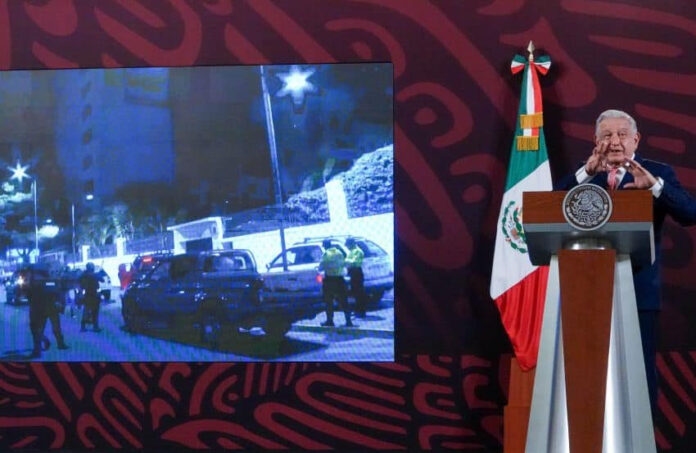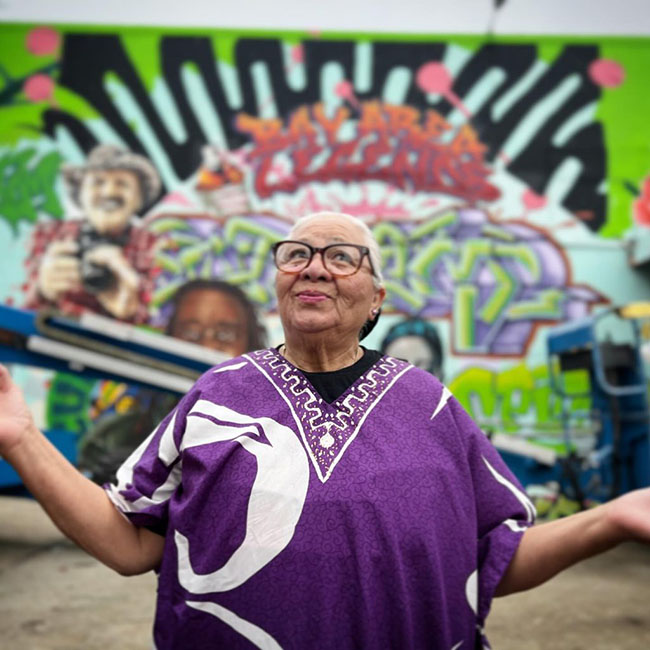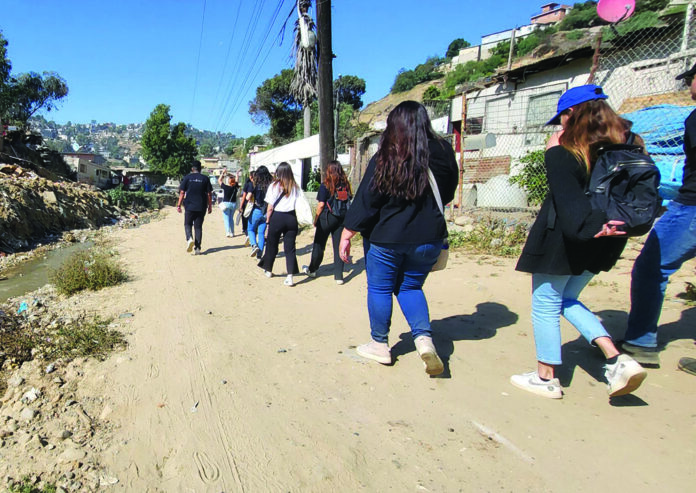
British courts for five years have denied due process to Julian Assange as his physical and mental health deteriorates. That is the point of his show trial
Prosecutors representing the United States, whether by design or incompetence, refused — in the two-day hearing I attended in London in February — to provide guarantees that Julian Assange would be afforded First Amendment rights and would be spared the death penalty if extradited to the U.S.
The inability to give these assurances all but guaranteed that the High Court — as it did on Tuesday — would allow Julian’s lawyers to appeal. Was this done to stall for time so that Julian would not be extradited until after the U.S. presidential election? Was it a delaying tactic to work out a plea deal?
Julian’s lawyers and U.S. prosecutors are discussing this possibility. Was it careless legal work? Or was it to keep Julian locked in a high security prison until he collapses mentally and physically?
If Julian is extradited, he will stand trial for allegedly violating 17 counts of the 1917 Espionage Act, with a potential sentence of 170 years, along with another charge for “conspiracy to commit computer intrusion” carrying an additional five years.
The court will permit Julian to appeal minor technical points — his basic free speech rights must be honored, he cannot be discriminated against on the basis of his nationality and he cannot be under threat of the death penalty.
No new hearing will allow his lawyers to focus on the war crimes and corruption that WikiLeaks exposed. No new hearing will permit Julian to mount a public-interest defense. No new hearing will discuss the political persecution of a publisher who has not committed a crime.
The court, by asking the U.S. for assurances that Julian would be granted First Amendment rights in the U.S. courts and not be subject to the death penalty, offered the U.S. an easy out — give the guarantees and the appeal is rejected.
It is hard to see how the U.S. can refuse the two-judge panel, composed of Dame Victoria Sharp and Justice Jeremy Johnson, which issued on Tuesday a 66-page judgment accompanied by a three-page court order and a four-page media briefing.
The hearing in February was Julian’s last chance to request an appeal of the extradition decision made in 2022 by the then British home secretary, Priti Patel, and many of the rulings of District Judge Vanessa Baraitser in 2021.
If Julian is denied an appeal, he can request an emergency stay of execution from the European Court of Human Rights (ECtHR) under Rule 39, which is given in “exceptional circumstances” and “only where there is an imminent risk of irreparable harm.”
But it is possible the British court could order Julian’s immediate extradition prior to a Rule 39 instruction, or decide to ignore a request from the ECtHR to allow Julian to have his case heard there.
Julian has been engaged in a legal battle for 15 years. It began in 2010 when WikiLeaks published classified military files from the wars in Iraq andAfghanistan — including footage showing a U.S. helicopter gunning down civilians, including two Reuters journalists, in Baghdad.
Julian took refuge in the embassy of Ecuador in London for seven years, fearing extradition to the U.S. He was arrested in April 2019 by the Metropolitan Police, who were permitted by the embassy to enter and seize him. He has been held for nearly five years in HM Prison Belmarsh, a high-security prison in southeast London.
The case against Julian has made a mockery of the British justice system and international law. While in the embassy, the Spanish security firm UC Global provided video recordings of meetings between Julian and his lawyers to the C.I.A., eviscerating attorney-client privilege.
The Ecuadorian government — led by Lenin Moreno — violated international law by rescinding Julian’s asylum status and permitting police into their embassy to carry Julian into a waiting van.
The courts have denied Julian’s status as a legitimate journalist and publisher. The U.S. and Britain have ignored Article 4 of their Extradition Treaty that prohibits extradition for political offenses.
The key witness for the U.S., Sigurdur Thordarson — a convicted fraudster and pedophile — admitted to fabricating the accusations he made against Julian in exchange for immunity for past crimes.
Julian, an Australian citizen, is being charged under the U.S. Espionage Act although he did not engage in espionage and was not based in the U.S when he was sent the leaked documents.
The British courts are considering extradition, despite the C.I.A.’s plan to kidnap and assassinate Julian, plans that included a potential shoot-out on the streets of London, with involvement by London’s Metropolitan Police.
Julian has been held in isolation in a high-security prison without trial, although his only technical violation of the law is breaching bail conditions after he obtained asylum in the embassy of Ecuador. This should only entail a fine.
Finally, Julian did not, unlike Daniel Ellsberg, leak the documents. He published documents leaked by U.S. Army whistleblower Chelsea Manning.
Three of the nine legal grounds were accepted by the judges as potential points for appeal. The other six were denied. The two-judge panel also rejected the request by Julian’s lawyers to present new evidence.
Julian’s legal team asked the court to introduce into the case the Yahoo! News report that revealed, after the release of the documents known as Vault 7, that the then-director of the C.I.A., Mike Pompeo, considered assassinating Julian.
Julian’s lawyers also hoped to introduce a statement from Joshua Dratel, a U.S. attorney, who said that Pompeo’s use of the terms “non-state hostile intelligence service” and “enemy combatant” were phrases designed to give legal cover for an assassination.
The third piece of evidence Julian’s lawyers hoped to introduce was a statement from a Spanish witness in the criminal proceedings underway in Spain against UC Global.
The C.I.A. is the engine behind Julian’s extradition. Vault 7 exposed hacking tools that permit the C.I.A. to access our phones, computers and televisions, turning them — even when switched off — into monitoring and recording devices.
The extradition request does not include charges based on the release of the Vault 7 files, but the U.S. indictment followed the release of the Vault 7 files.
Justice Sharp and Justice Johnson dismissed the report in Yahoo! News as “another recitation of opinion by journalists on matters that were considered by the judge.” They rejected the argument made by the defense that Julian’s extradition would be in violation of Section 81 of the U.K. Extradition Act of 2003, which prohibits extraditions in cases where individuals are prosecuted for their political opinions.
The judges also dismissed the arguments made by Julian’s attorneys that extradition would violate his protections under the European Convention of Human Rights — the right to life, the prohibition of inhuman and degrading treatment, the right to a fair trial and protections against punishment without law respectively.
The U.S. largely built its arguments from the affidavits of the U.S. prosecutor Gordon D. Kromberg. Kromberg, an assistant U.S. attorney in the Eastern District of Virginia has stated that Julian, as a foreign national, is “not entitled to protections under the First Amendment, at least as it concerns national defense information.”
Ben Watson, king’s counsel, who represented the U.K. government during the two-day hearing in February, conceded that if Julian is found guilty under the Espionage Act, he could receive a death penalty sentence.
The U.S. and the U.K secretary of state were urged by the judges to offer the British court assurances on these three points by April 16.
If the assurances are not provided, the appeal will proceed.
If the assurances are provided, lawyers for both sides have until April 30th to make new written submissions to the court. At that point, the court will convene again on May 20 to decide if the appeal can go forward.
The goals in this Dickensian nightmare remain unchanged. Erase Julian from the public consciousness. Demonize him. Criminalize those who expose government crimes. Use Julian’s slow motion crucifixion to warn journalists that no matter their nationality, no matter where they live, they can be kidnapped and extradited to the U.S.
Drag out the judicial lynching for years until Julian, already in a precarious physical and mental condition, disintegrates.
This ruling, like all of the rulings in this case, is not about justice. It is about vengeance.
(Chris Hedges is a Pulitzer Prize–winning journalist who was a foreign correspondent for 15 years for The New York Times, where he served as the Middle East bureau chief and Balkan bureau chief for the paper. He previously worked overseas for The Dallas Morning News, The Christian Science Monitor and NPR. He is the host of show “The Chris Hedges Report.”)














